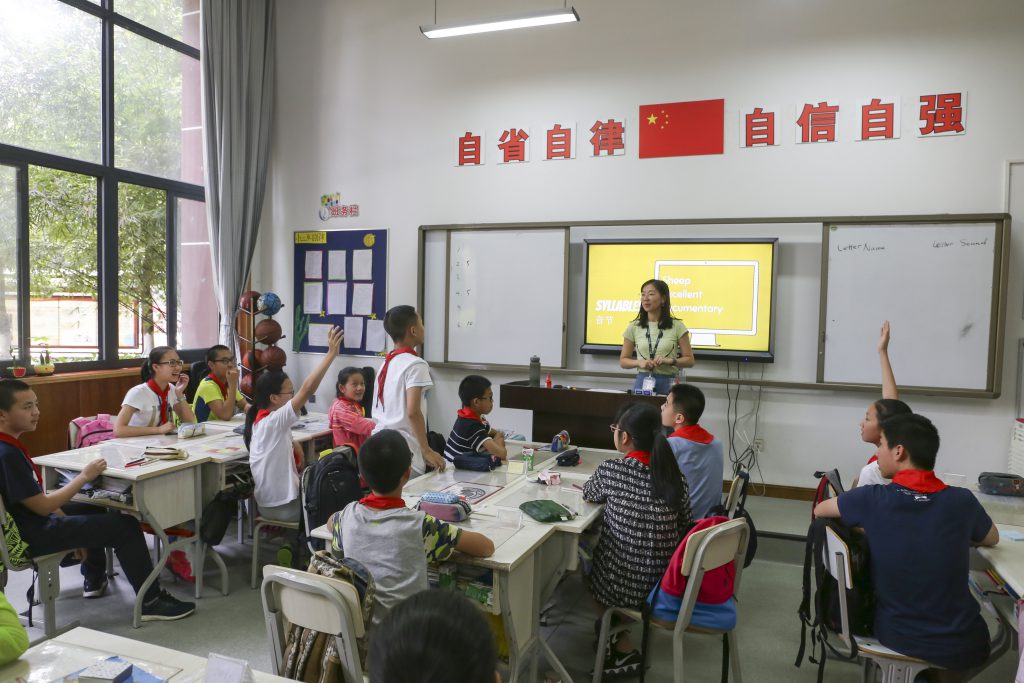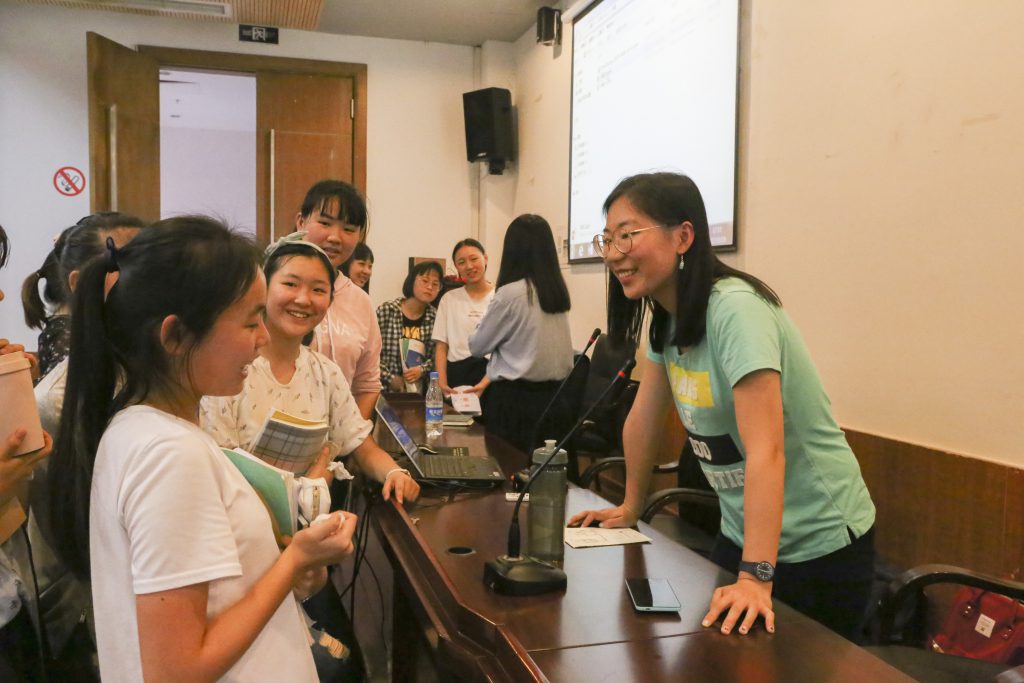This entry was written by Blair Canner, a Graduate Assistant working in Career Services this year.
Picture this: you have just spent the last half an hour answering every question thrown at you. Walk me through your resume? What are your strengths? Tell me about a time you failed. Finally the interviewer looks at you and asks “Do you have any questions for me?”
While you may be inclined to shake your head and end the interview as soon as possible, having questions prepared will prove your interest not just in the role but in the opinions of the interviewer.
While any question is technically fair game, you should use this time as an opportunity to:
- Reemphasize your fit in the job
Asking what qualities are most common in successful employees gives you one final opportunity to demonstrate that you possess those critical skills. Alternatively, ask what skills the team is seeking in a new hire. Specifically connecting your experiences and skills to their needs will reemphasize that you’re the right candidate for the job.
- Understand the culture from a personal point of view
If an interviewer has been at the company for a while, ask them what they like the most about the organization. Find out why they joined the company and what has convinced them to stay. If you’re interviewing with a specific team, ask about the team’s culture and find out if they hold any team-building events. Culture can differ across teams – make sure your team’s culture suits your work style.
- Identify professional development opportunities
If this is one of your first jobs out of school, demonstrate your commitment to continuous development by asking about available training & mentoring opportunities. Does the organization offer formal support networks and do those networks hold events? What about continuing education – if you want to learn a new skill, are you expected to learn it on the job or are there courses available?
The final part of the interview is just as evaluative as the first 25 minutes. But in this case, it’s also an opportunity for you to determine if this company is the right fit for you. Preparing 5-10 questions in advance will help you come across as genuinely curious and invested in the job at hand.



